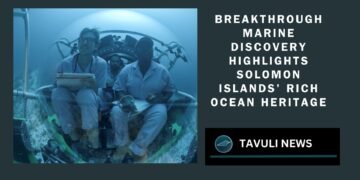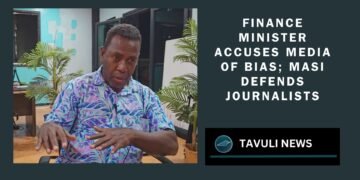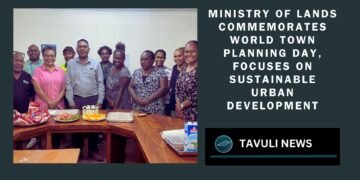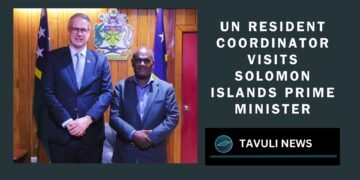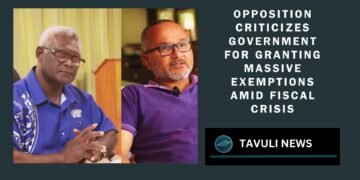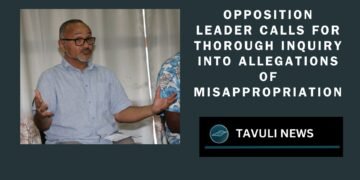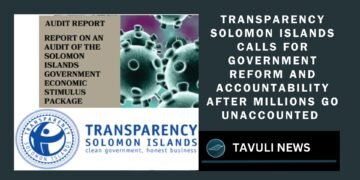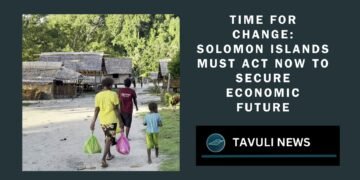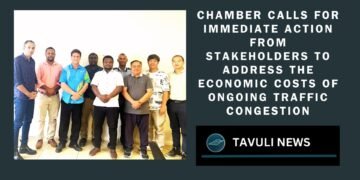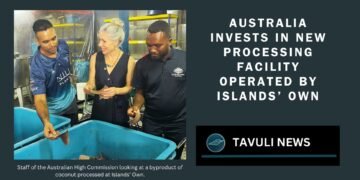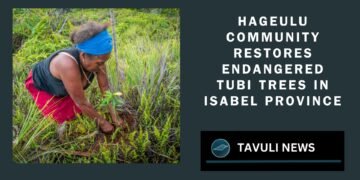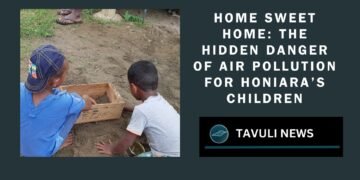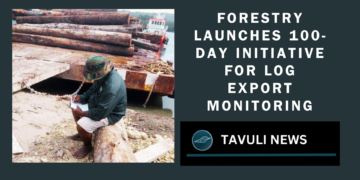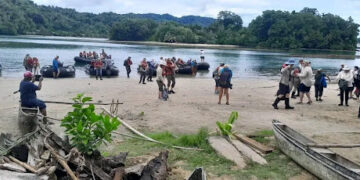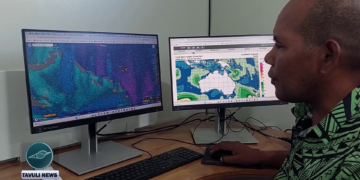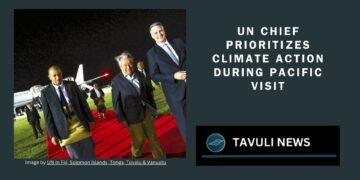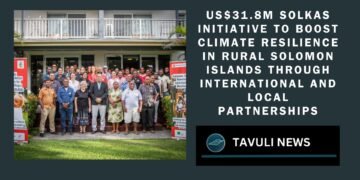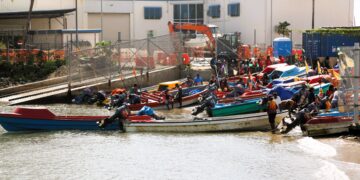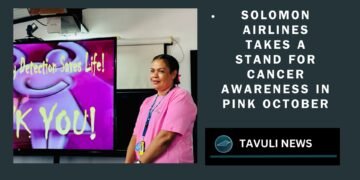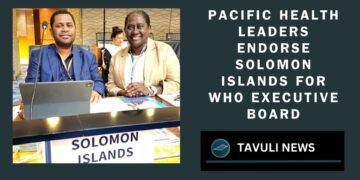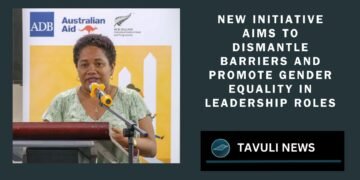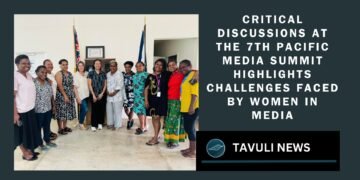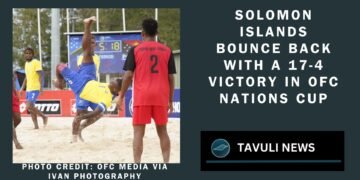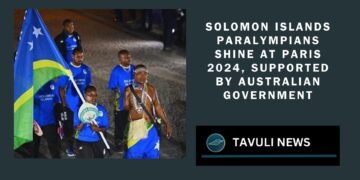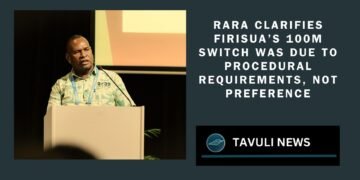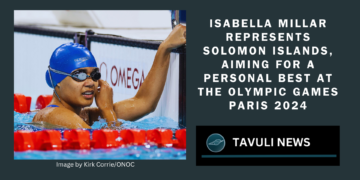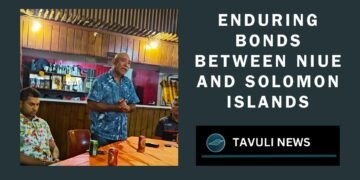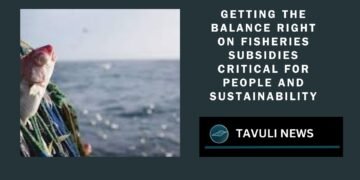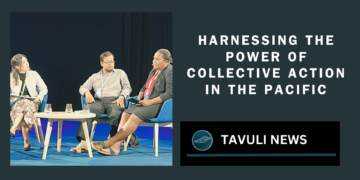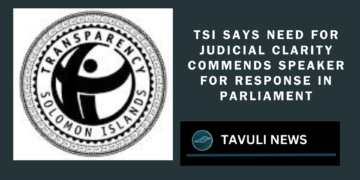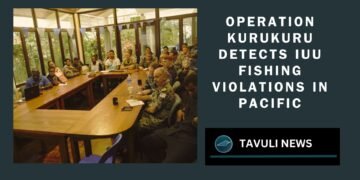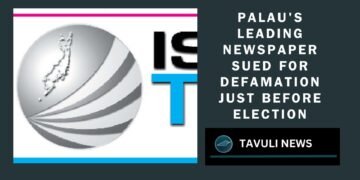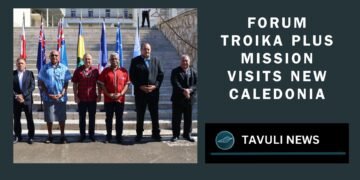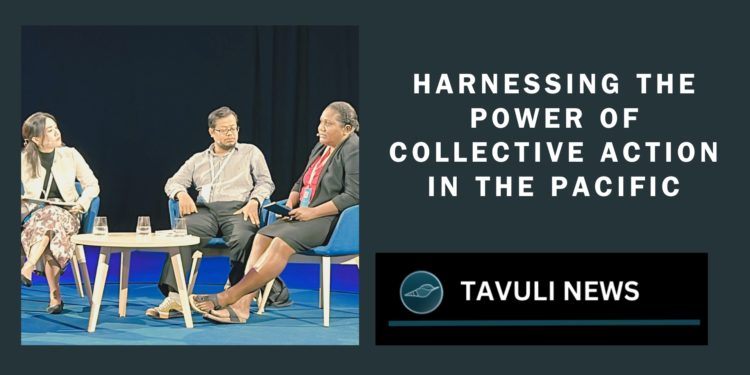Harnessing the Power of Collective Action in the Pacific
Recently, I had the honor of representing the Pacific at the International Anti-Corruption Conference in Vilnius, Lithuania. During a side event titled “Watching the Watchtower: Harnessing the Power of Collective Action,” supported by the United Nations Office on Drugs and Crime (UNODC), I spoke about the unique challenges and opportunities faced by the media and anti-corruption efforts in the Pacific Island Countries (PICs).
Understanding the Media Landscape in the Pacific
The media landscape in the Pacific is as diverse as its islands, comprising state-owned, private and community outlets. Given the geographical challenges, radio remains a crucial medium for disseminating information. However, the independence of media varies widely across the region. While some media operate freely, others face significant restrictions due to economic constraints and legal and cultural challenges, which hamper investigative journalism.
Journalists in the Pacific often confront physical threats and harassment. Despite these obstacles, digital and social media platforms are creating new opportunities for information sharing, although they also bring challenges like misinformation and disinformation. NGOs and local organizations are playing a pivotal role in enhancing journalistic capacity through training and resources, with a strong focus on strengthening journalism and ethical standards.
The State of Anti-Corruption Efforts
Corruption in the Pacific undermines governance, development and public trust. While anti-corruption laws and institutions exist, their enforcement and effectiveness vary significantly. International organizations such as Transparency International have been instrumental in supporting anti-corruption activities, promoting regional cooperation, and fostering good governance through initiatives like the Pacific Islands Forum.
However, the fight against corruption is fraught with challenges, including limited resources, political interference and cultural factors. It is within this complex environment that the Pacific Anti-Corruption Journalists Network (PACJN) has emerged to advance reporting on corruption in the Pacific.
The Role of PACJN
The Pacific Anti-Corruption Journalists Network (PACJN) was launched at the 2019 Pacific Islands News Association (PINA) CEOs Summit. It was established by the Pacific Islands News Association (PINA), with support from international bodies like Transparency International and the United Nations, to ensure that Pacific journalists are more sustainably trained, prepared and have ownership of their engagement in integrity and anti-corruption reporting in their region.
During the summit, Pacific Media CEOs and owners committed to several key initiatives:
- Understanding Global Frameworks: Embracing the United Nations Convention against Corruption (UNCAC) and Sustainable Development Goal (SDG 16) to boost anti-corruption cooperation and advance the Teieniwa Vision.
- Experience Sharing: Exchanging experiences and challenges in reporting on anti-corruption.
- Cooperation and Support: Discussing further cooperation, including potential support from UN-PRAC, PACJN, and PINA in line with UNCAC, SDG 16 and Teieniwa Vision commitments.
- Advocacy: Supporting robust freedom of information (FOI) and whistleblower protection legislation and implementation across the Pacific.
- Leadership: Promoting and delivering anti-corruption reporting.
- Capacity Building: Enhancing media capacity to monitor and report on corruption.
- Strengthening PACJN: Building the capacity of Pacific media to monitor and report on corruption and promote good governance.
- Investigative Reporting: Increasing investigative reporting, particularly on how corruption impacts women, youth, and marginalized communities.
- Civil Society Collaboration: Working with civil society to tackle corruption.
- Public Discussion: Supporting informed public discussion and promoting fairness, balance, truth, and accuracy.
- Partnerships: Encouraging partnerships for content sharing, improved coverage, and knowledge sharing.
- Public Information Rights: Advocating for the right to public information and recognizing the right to personal privacy, including digital data usage.
Addressing the Unique Needs of the Pacific
One critical point I emphasized during my talk was the need for a better approach to supporting media in the Pacific, distinct from the broader Asia-Pacific framework. The Pacific is predominantly composed of small island states with unique developmental trajectories, smaller populations and different cultural dynamics compared to those of Asia. Effective support for the media in the Pacific requires a deep understanding of the unique challenges faced by Pacific newsrooms. Support must be tailored to the specific needs and capacities of these newsrooms, recognizing their individual progress and accepting that one size does not fit all. Genuine support should be on the terms and conditions of the Pacific, not forced upon them by external cultures and expectations.
Expectations for Pacific newsrooms is to mirror western investigative journalism standards which are often challenging for many Pacific Island Countries. Culture, customs and traditions play a significant role in the lives of Pacific Islanders, influencing how journalism is practiced. International agencies, despite their well-meaning intentions, often impose terms and conditions that add stress to the already under-resourced Pacific newsrooms.
Aligning with the Teieniwa Vision
The Teieniwa Vision, named after the Kiribati words for “sail” (ie) and “canoe” (waa), embodies our commitment to Pacific unity against corruption. It recognizes that our progress and aspirations for a peaceful, harmonious and prosperous Pacific cannot be realized unless we address corruption. The Vision reaffirms our dedication to global anti-corruption efforts and frameworks, as captured in the United Nations Convention against Corruption (UNCAC) and the Sustainable Development Goals (SDGs), particularly SDG 16.
We recall our collective aspirations captured in the Framework for Pacific Regionalism, the Blue Pacific narrative and the Boe Declaration on Regional Security. We encourage all Pacific States to unite against corruption, recognizing that implementation should be substantiated through well-resourced national efforts that emphasize transparency, accountability, the rule of law and reinforce good governance. We also recognize the importance of political will and leadership at all levels in addressing corruption.
Moving Forward
Networks like PACJN are crucial in providing support for investigative journalists who often stand alone in their quest. PACJN offers peer-to-peer support and a platform unique to the Pacific that protects journalists in an environment shrouded by custom, culture and Western influence.
PACJN, while still newly established, faces challenges in finances and human resources to address the needs of Pacific journalists. However, it has the potential to become a strong platform to support Pacific journalists in the future if strengthened properly.
For Pacific journalists, recognizing our purpose in the media and continually questioning ourselves about it is crucial. Only by doing so can we reinforce our purpose, keeping us grounded and focused on responding to the needs of our people rather than getting carried away by geopolitical interests.
In conclusion, while the Pacific faces significant challenges in both media independence and anti-corruption efforts, initiatives like PACJN demonstrate that progress is possible. By building the capacity of journalists and fostering regional collaboration, we can strengthen the pillars of transparency and accountability in the Pacific, ensuring that corruption does not hinder the development and well-being of our communities. The Pacific is not Asia and our needs and geographical settings are different. We are small island states, united by the biggest ocean in the world, the Pacific.
Let us be reminded that “United we stand, divided we fall.” Let us work for a cause, not for applause. By doing this, we can respond to the needs of our people effectively and ensure that we uncover corruption issues that truly matter to our communities. For us in the Solomon Islands, we are still a least developed country, struggling to meet the standards of a developing nation. Let us not forget that.

